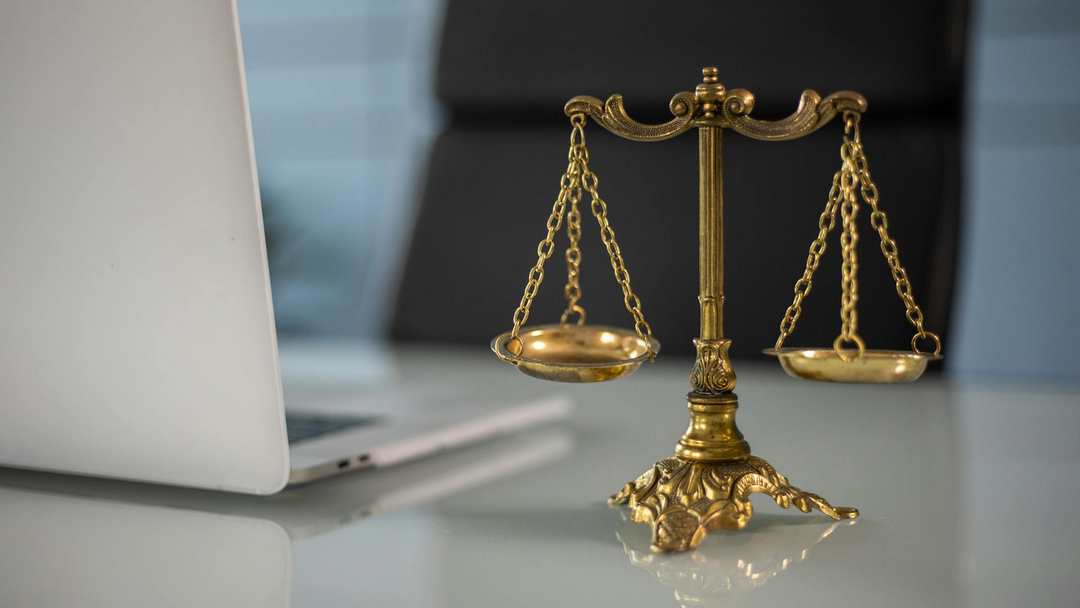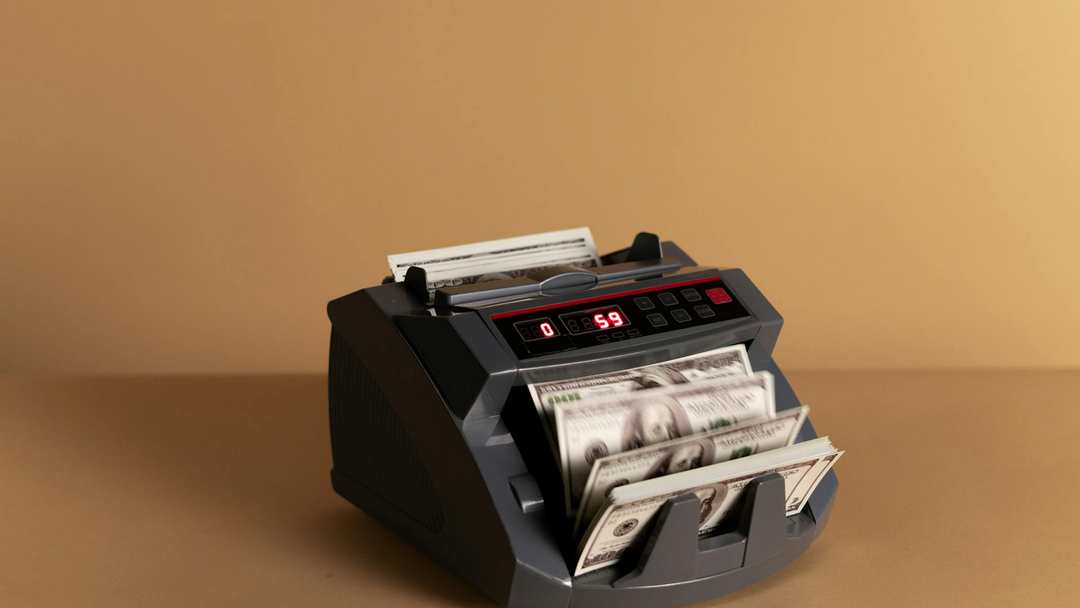Simplified Sender and Receiver Dropbox Share Instructions to Someone NOT on your Team. Don't get caught up in another license or give access to your whole box by mistake.Dropbox Sender Share Instructions Log into your Dropbox account Hover over the file or folder...

New Michigan Laws Going Into Effect 2025
Making laws as fast as possible. Look over here…Not over there.
Some of Michigan’s new laws in 2025 include minimum wage increases, paid sick time, and automatic voter registration.
Minimum wage
The minimum wage in Michigan increased to $10.56 per hour on January 1, 2025, and will increase again to $12.48 per hour on February 21, 2025.
The 85% rate for minors under 18 increased to $8.98 per hour on January 1, 2025, and will increase to $10.61 per hour on February 21, 2025.
The tipped employee rate increased to $4.01 per hour on January 1, 2025, and will increase to $5.99 per hour on February 21, 2025.
The Earned Sick Time Act (ESTA) will go into effect on February 21, 2025. It applies to almost all Michigan employers, including part-time, temporary, and exempt employees.
Employers with 10 or more employees:
- Must allow employees to accrue up to 72 hours of paid sick time per year.
Employers with fewer than 10 employees:
- Must allow employees to accrue up to 40 hours of paid sick time and 32 hours of unpaid sick time per year.
How is sick time accrued?
Employees accrue one hour of sick time for every 30 hours worked
What can employees use sick time for?
- To care for themselves or family members
- During certain public health emergencies
- For certain purposes related to domestic violence, sexual assault, or stalking.
Who is covered by the ESTA?
All Michigan employers, except the U.S. government, must comply with the ESTA.
3 Days to Yourself
(But you’ll have to wait till April 2025)
Michigan law allows employees to miss work for up to three days without calling in sick or showing up, before employers can request documentation. This is known as a “no call, no show” policy.
- Employees can carry over unused sick days into the next year.
- Employees can miss up to three consecutive days of work without being fired.
- After three days of no-call, no-show, employers can request documentation from employees.
- Employees who are absent without contacting their employer are presumed to have left their job voluntarily.
- However, bills have been introduced that would allow employers to discipline employees after three days of no-call, no-show.
- These bills would also exempt businesses with fewer than 50 employees from new sick leave requirements.
- Some businesses are concerned that the new laws will force them to raise prices or risk going out of business.
- The Michigan Restaurant Association and other industry groups are lobbying for changes to the law.
- Unemployment benefits: Increased from 20 to 26 weeks, with a maximum weekly benefit of $614
- Organ donor tax credit: Up to $10,000 to help cover costs like lost wages and medical bills
- Cage-free eggs: Stores must sell eggs from cage-free farms
- Automatic voter registration: When applying for a driver’s license or ID, or applying for Medicaid or leaving prison
- CPR in high schools: Coaches must be certified in CPR and AED use\
- Equal treatment for children born through surrogacy: Includes access to birth certificates and other government records
- LGBTQ family rights: Eliminates a costly process to legitimize parental rights
- Family recognition of parental rights: Makes it easier and cheaper for families to get formal recognition of their parental rights
Your First Amendment Rights Threatened?
Fight for your Constitutional Right.
Call Our Office
Komorn Law (248) 357-2550
And now for something completely different…
Whitmer has made big promises. Here’s how she’s done (according to this media outlet) Read More Here
Other Posts
Sometimes our posts provide a general overview of things with opinionated sarcasm and dry humor by the writer to lighten the same old same old of other law sites. It does not substitute for legal advice. Anyone charged with a criminal offense should consult an attorney for specific legal guidance. BTW. True Fact: When Michael Komorn fights the justice system there is only one focus. You and your rights.
Recent

How to create and share a Dropbox link

Smell of marijuana no longer legal grounds for search
The Michigan Supreme Court has ruled that the smell of marijuana alone is no longer sufficient probable cause for police to conduct a warrantless search of a vehicle. This decision overturns a previous precedent where the odor of marijuana was considered enough...
More
Michigan Record Expungement Information
Am I eligible to apply to expunge a criminal record? Is it automatic?So your new girlfriend has a criminal record and you can't get that apartment together. If that's really what you want to do, then here's some information to get that record expunged. What is an...
Drones – What Drones? Update
Drone story update January 28, 2025 NJ drones 'were authorized to be flown by FAA for research,' Donald Trump says The mysterious drones that captivated New Jersey late last year were not enemy craft, but instead were authorized by the FAA, President Donald Trump said...
Terry Stop and Refusal to Identify Yourself to Police
Because this is how it always goes...This is the second part of this post. Read this first - Just Because You're Hanging Out in a High Crime Area Doesn't Make You Suspicious.Standard for Investigatory Detentions / Terry Stops Under Terry v Ohio and other well...
Just Because You’re Hanging Out in a High Crime Area Doesn’t Make You Suspicious
Mere presence in a “high crime” area does not provide particularized suspicion of criminal activity for an investigatory detention.People vs Prude In People v Prude, Prude was in a parked vehicle at an apartment complex that was regularly patrolled by police because...
Gun buyback program – Michigan
There's another bounty to be claimed besides turning in your neighbor.Defined here in HB6144 can mean so many things... “firearm” means any weapon that will, is designed to, or may readily be converted to expel a projectile by action of an explosiveEntrepreneurs get...
Sextortion – Michigan
Sextortion - Extortion with an S.Michigan House Bills 5887 and 5888 make sextortion illegal in Michigan. The law defines sextortion as a threat to create or disseminate sexually explicit images or videos of another person to coerce them. The new law makes a first...











